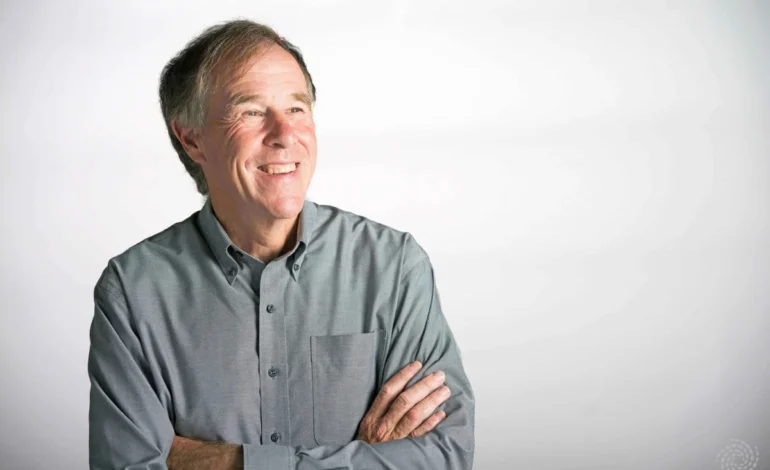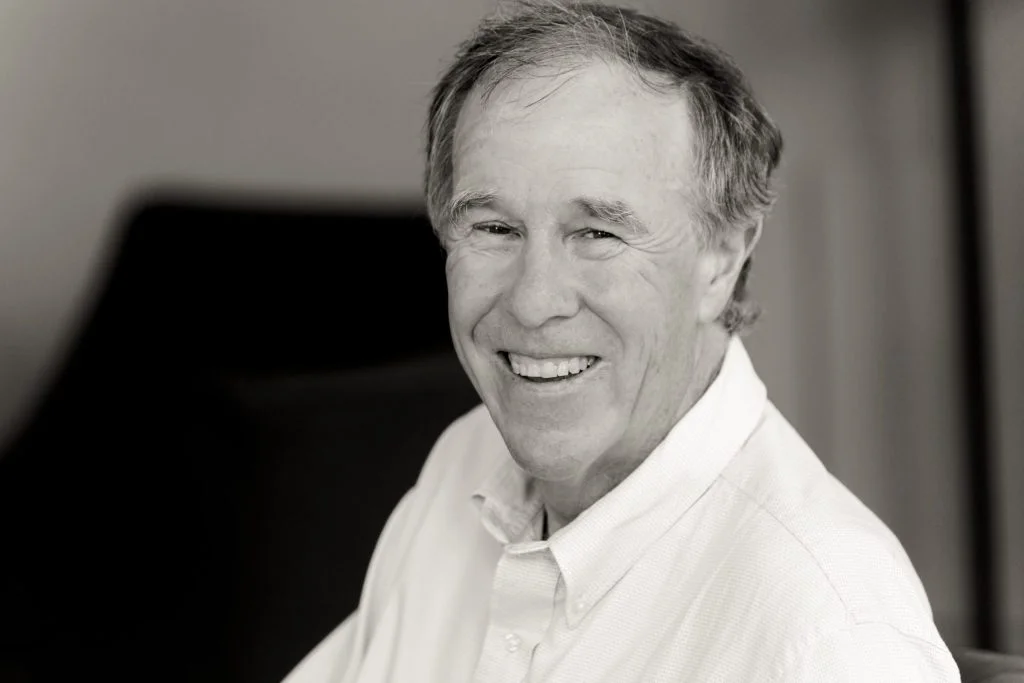The Legacy of Professor Tim Noakes: A Life Dedicated to Science, Health, and Human Performance
Introduction: A Pioneer in Sports Science and Human Health Few names resonate across the fields of sports science, nutrition, and human performance quite like Professor Tim Noakes. Born in Harare,

Introduction: A Pioneer in Sports Science and Human Health
Few names resonate across the fields of sports science, nutrition, and human performance quite like Professor Tim Noakes. Born in Harare, Zimbabwe in 1949, Noakes’s journey from a young sports enthusiast to one of the world’s most respected scientists is a story of passion, courage, and relentless pursuit of truth.
Having followed his work closely over many years, I’ve come to appreciate how his ideas have challenged conventional wisdom and paved the way for new ways of thinking about health, exercise, and chronic disease. At Ravoke.com, we proudly support Professor Noakes’ advocacy for evidence-based nutrition, health empowerment, and his ongoing mission to transform how we think about food, exercise, and chronic disease.
In this in-depth article, we’ll explore his early life, his scientific accomplishments, his family and personal motivations, and the path that brought him to the forefront of nutritional and performance research.
From Harare to Cape Town: The Making of a Sports Science Legend
Tim Noakes’s story began in Harare (then Salisbury), Zimbabwe, but his destiny truly unfolded in South Africa. He moved with his family to Cape Town at a young age, and attended Diocesan College, where his interest in sport and the human body took root.
At the University of Cape Town (UCT), he earned his MBChB in 1974, followed by an MD in 1981 and later a DSc (Med) in Exercise Science in 2002.
This strong academic foundation set the stage for a career that would span decades, blending athletic insight with scientific rigour.
Building the Sports Science Institute of South Africa
In the early 1990s, Noakes teamed up with Morné du Plessis to found the Sports Science Institute of South Africa (SSISA). Their vision was to build a facility that would fund research in sports performance — giving athletes of all disciplines access to the means to improve, while also creating a platform to build national pride in South Africa’s athletes.
The institute became a world-class hub where science met athletic excellence—and where Noakes’s influence expanded beyond pure research into public health, training practice, and national sports policy.
Scientific Achievements and Paradigm Shifts
Professor Noakes’s numbers are impressive: more than 750 scientific publications, citations exceeding 16,000, an H-index of 71, and an A1 scientist rating from the National Research Foundation of South Africa.
But beyond the metrics lies the real story: Noakes challenged long-standing beliefs in sports science and nutrition. He first built his reputation in endurance science – after all, he himself has run more than 70 marathons and ultra-marathons.
Yet his most controversial and perhaps transformative contribution has been in nutrition. Once a proponent of high-carbohydrate diets for athletes, Noakes experienced what he calls a “Damascus conversion” in 2010—realising that, despite an active lifestyle, he was developing type 2 diabetes and that the very dietary beliefs he had taught may have been wrong.
He now advocates a low-carbohydrate, high-fat (LCHF) diet—both for athletes and for the wider population—arguing that insulin resistance is the major driver of chronic disease.
His work has not been without push-back. He faced a disciplinary hearing by the Health Professions Council of South Africa, defending his dietary advice—and ultimately setting precedent that low-carbohydrate advice cannot be charged simply because it is unconventional.
His view is bold: “nutrition accounts for about 85% of chronic ill-health” and if we want to change outcomes, we must challenge the orthodoxy.

Family, Motivation & What Drives Him
To truly understand what motivates Tim Noakes, one must look at the personal alongside the professional.
His father suffered from type 2 diabetes, high blood pressure, lost a foot, then legs and ultimately his mind. Noakes has said this was deeply personal. “This is personal to me,” he said in one hearing.
Noakes relates how he himself developed insulin-resistance and type 2 diabetes despite decades of high training volumes and what was then considered a “healthy” high carbohydrate diet.
His early life also shaped him profoundly: sent to boarding school at the age of seven, he experienced separation from his mother, a sense of shyness and introspection marked by his time at Monterey Prep and Diocesan College.
He met his wife Marilyn when he was 17 and she 15—a connection that brought emotional grounding to his life. Marilyn, a botanical artist and keen gardener, became his partner in life and growth.
Together they have children—Candice and Travis—each forging their own paths. Noakes runs with Candice, and Travis works in karate—both benefitting from their father’s encouragement but also given independence.
In his retirement years he speaks of enjoying more time with his family, more walks in the gardens he and Marilyn love, and more reflection on how his work might leave a legacy. The bond of family gives him perspective and purpose.
When asked what he aims for, Noakes said: “I want to honour my parents.” He has said his foundation, the Noakes Foundation, was partly established to honour his father and mother and to do something about what he believes is a global epidemic of insulin resistance.
In short: he is driven not just by curiosity and science, but by love of family, memory of loss, and the urgent desire to prevent others from suffering the same fate that he witnessed.
Why His Work Matters for Public Health
In a world where chronic diseases like diabetes, obesity and metabolic syndrome are rising, Noakes’s message is uncommonly direct: we must rethink what we eat, how we move, and how we understand the human body.
Given his dual experience as athlete/scientist and diabetic/patient, his perspective is rare and relatable. He bridges elite research with everyday lives.
His work with athletes remains influential—and yet at the same time he has never lost sight that for most people the greatest health gains lie outside the elite performance world, in diet, lifestyle and empowerment.
At Ravoke.com we believe that his advocacy for evidence-based nutrition, for empowering individuals rather than treating them as passive patients, aligns with our mission to deliver health stories that matter.
The Road Ahead: Collaboration, Hope and Change
Looking forward, the potential is enormous. I’ve long hoped to work with Prof Noakes on a series exploring diabetes in South Africa – how dietary interventions, public awareness and scientific innovation can converge to make a difference.
His foundation, the Noakes Foundation, continues to fund research, support educational efforts and drive global change.
What remains inspiring is that despite decades of accolades, Noakes remains curious, humble, and emotionally invested. He still runs. He still experiments. He still challenges himself and the field.
Learn More & Connect
For more detailed information about Professor Tim Noakes, his research, his foundation and how to reach out:
Visit: thenoakesfoundation.org
About the author
Charles Mattocks is an award-winning TV and film producer, as well as the founder of Ravoke, an innovative health platform dedicated to transforming health outcomes through storytelling and engagement. Inspired by his late uncle, the reggae legend Bob Marley, Charles has built a remarkable career focused on empowering and educating millions living with chronic conditions around the world.








